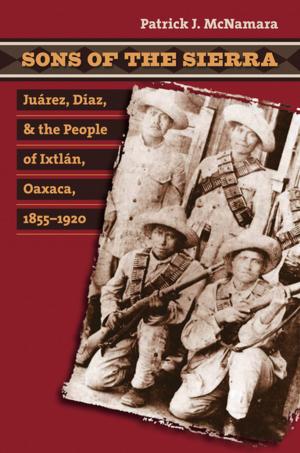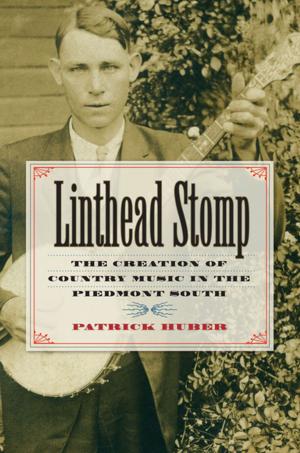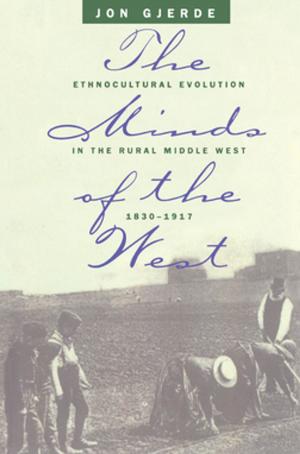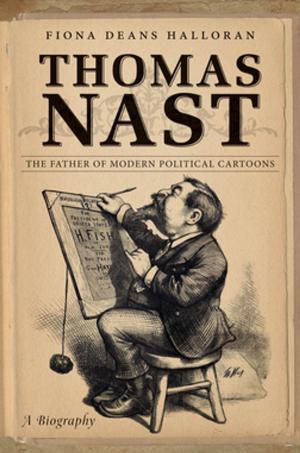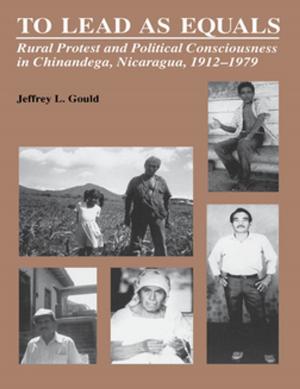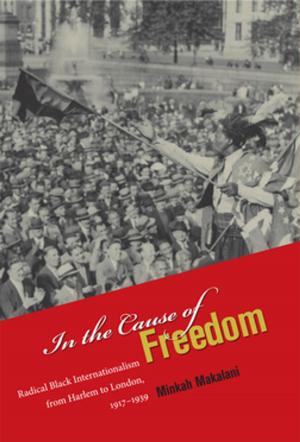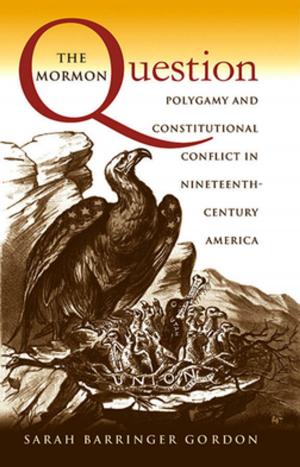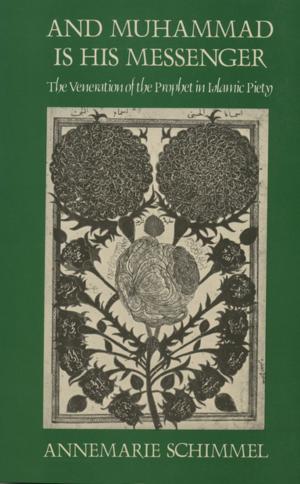Mobilizing Bolivia's Displaced
Indigenous Politics and the Struggle over Land
Nonfiction, History, Americas, South America, Social & Cultural Studies, Social Science, Cultural Studies, Native American Studies, Anthropology| Author: | Nicole Fabricant | ISBN: | 9780807837511 |
| Publisher: | The University of North Carolina Press | Publication: | November 12, 2012 |
| Imprint: | The University of North Carolina Press | Language: | English |
| Author: | Nicole Fabricant |
| ISBN: | 9780807837511 |
| Publisher: | The University of North Carolina Press |
| Publication: | November 12, 2012 |
| Imprint: | The University of North Carolina Press |
| Language: | English |
The election of Evo Morales as Bolivia's president in 2005 made him his nation's first indigenous head of state, a watershed victory for social activists and Native peoples. El Movimiento Sin Tierra (MST), or the Landless Peasant Movement, played a significant role in bringing Morales to power. Following in the tradition of the well-known Brazilian Landless movement, Bolivia's MST activists seized unproductive land and built farming collectives as a means of resistance to large-scale export-oriented agriculture. In Mobilizing Bolivia's Displaced, Nicole Fabricant illustrates how landless peasants politicized indigeneity to shape grassroots land politics, reform the state, and secure human and cultural rights for Native peoples.
Fabricant takes readers into the personal spaces of home and work, on long bus rides, and into meetings and newly built MST settlements to show how, in response to displacement, Indigenous identity is becoming ever more dynamic and adaptive. In addition to advancing this rich definition of indigeneity, she explores the ways in which Morales has found himself at odds with Indigenous activists and, in so doing, shows that Indigenous people have a far more complex relationship to Morales than is generally understood.
The election of Evo Morales as Bolivia's president in 2005 made him his nation's first indigenous head of state, a watershed victory for social activists and Native peoples. El Movimiento Sin Tierra (MST), or the Landless Peasant Movement, played a significant role in bringing Morales to power. Following in the tradition of the well-known Brazilian Landless movement, Bolivia's MST activists seized unproductive land and built farming collectives as a means of resistance to large-scale export-oriented agriculture. In Mobilizing Bolivia's Displaced, Nicole Fabricant illustrates how landless peasants politicized indigeneity to shape grassroots land politics, reform the state, and secure human and cultural rights for Native peoples.
Fabricant takes readers into the personal spaces of home and work, on long bus rides, and into meetings and newly built MST settlements to show how, in response to displacement, Indigenous identity is becoming ever more dynamic and adaptive. In addition to advancing this rich definition of indigeneity, she explores the ways in which Morales has found himself at odds with Indigenous activists and, in so doing, shows that Indigenous people have a far more complex relationship to Morales than is generally understood.

